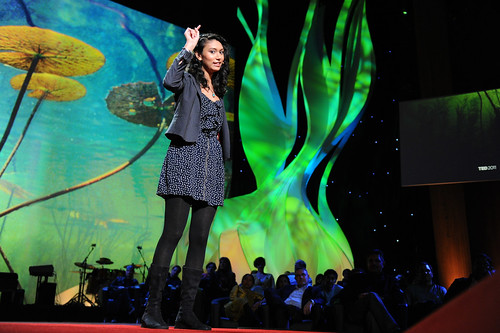How was it done?
I don't much think anything special happened. As individuals we reached out and tried to include each other. We spoke. Time passed. I'm sorry to say there was no key thing, no magic moment when the group clicked because it would be much more satisfying to say such a thing. I'd love to be able to copy and paste the formula in my other interactions with strangers.
---+---
Well maybe there was one activity... when making paper towers there are a few things to consider before you make the first fold:
* the structural integrity of the paper
* the presence of adhesive or lack thereof
* the environment in which the tower is to be erected
* expected lifespan and load bearing capabilities of the tower
Or two... when writing group rallying cries there are some dos and donts to follow:
✔️ Do choose a catchy military tune that everyone knows
✖️ Don't choose a niche theme song from the 70s (even though The Brady Bunch is a staple and everyone who isn't a fan should be ashamed!)
✔️ Do keep it simple, stupid
✖️ Don't make it too long and convoluted
✔️ Do involve each member in the process
✖️ Don't do it all yourself and expect everyone to be on board with it
✔️ Do include jibes at opposing teams
✖️ Don't listen when everyone reminds you its not a competition when everyone is doing community service
---+---
It seems I failed utterly at passivity and instead ended up doubling down on my authentic self; knocking everyone over the head with my truth until they got the point that I'm hilarious. Now they laugh when I make puns which is basically all I do every time I open my mouth.
I love Agendas; they keep you on target, they're organized, they show progress I mean I've got to say they more than make my day -- they make my meeting.







